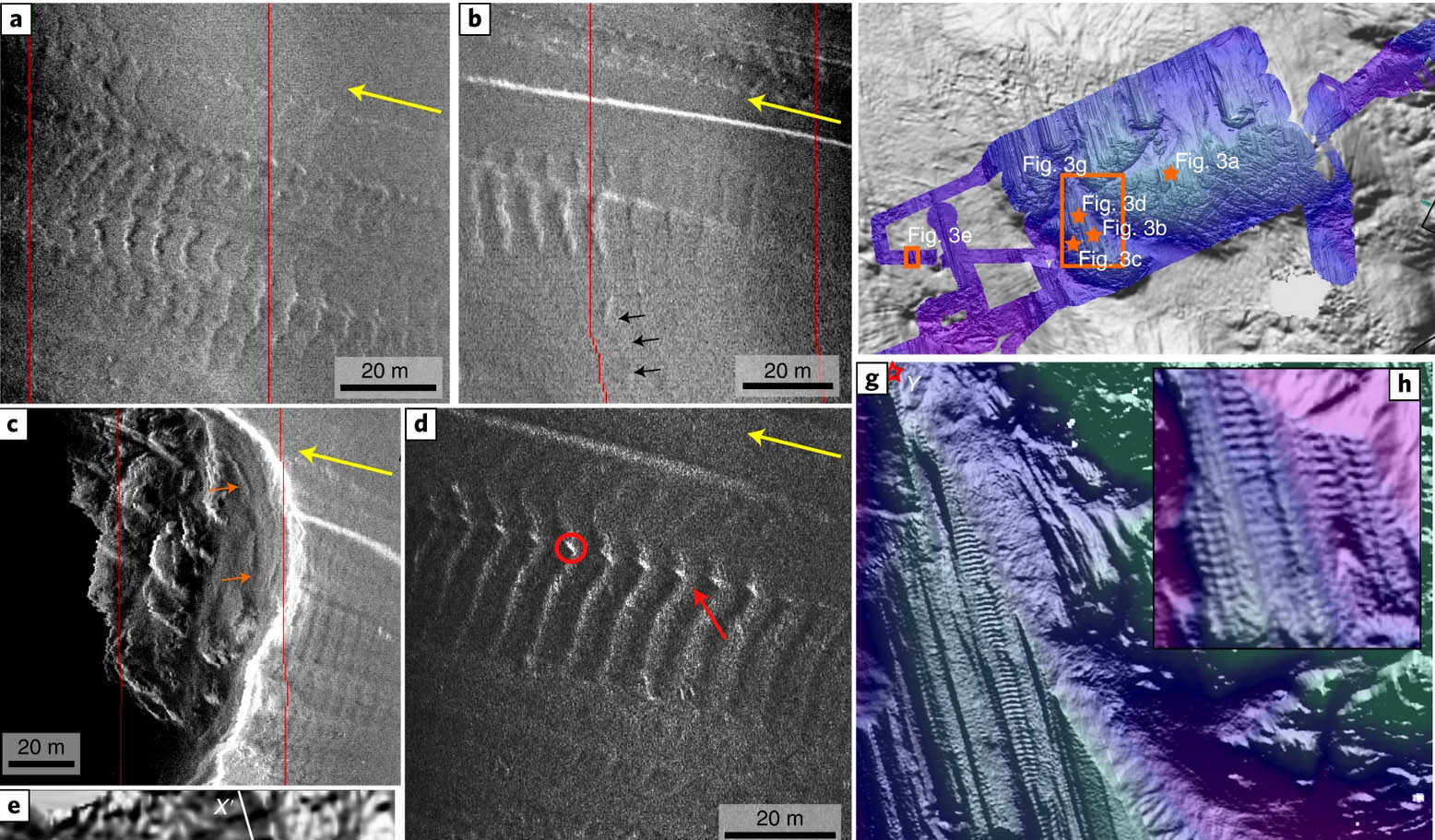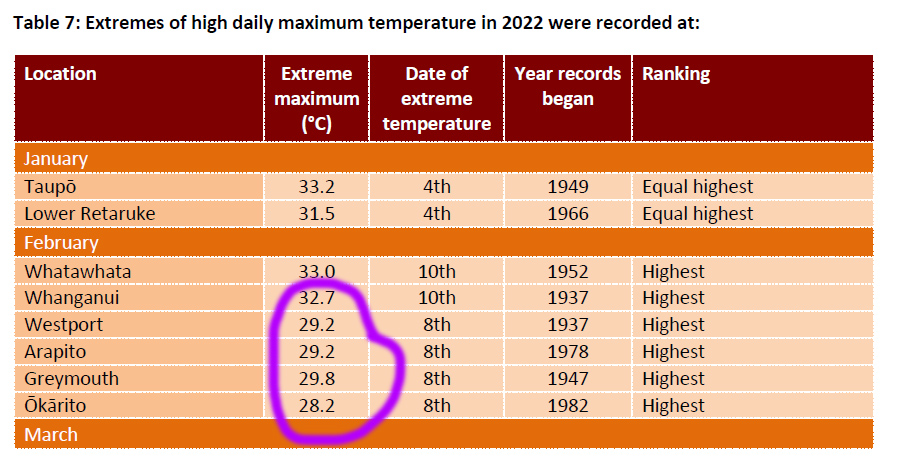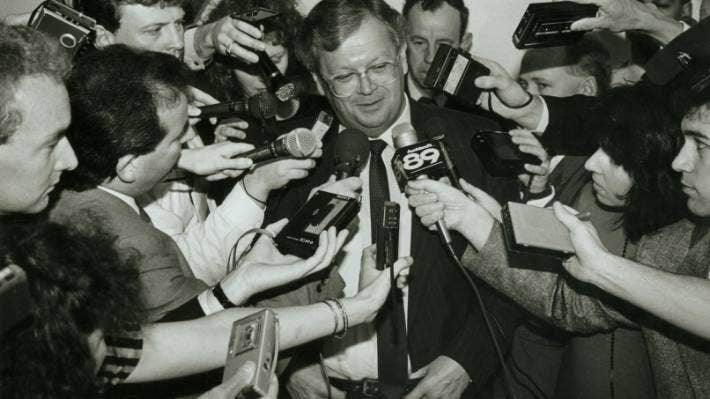Chicago Tribune (MCT)
CHICAGO – Some might assume that the idea of a Rahm Emanuel candidacy for mayor would be cause for celebration along Devon Avenue, the longtime rialto of Chicago’s Jewish community. After all, Emanuel attended an Orthodox synagogue before going from Chicago to the White House, and his family is highly respected in West Rogers Park, where Rahm’s father, Benjamin Emanuel, was a pediatrician.
The numbers of those who say Dr. Emanuel took care of their kids is roughly similar to the legion that claimed to have witnessed Babe Ruth point to the Wrigley Field bleachers and hit that famed home run. But Rahm Emanuel, who begins his Chicago “listening tour” this week, is about to discover that all politics aren’t local.
In the Jewish neighborhoods on the Far North Side, Rahm Emanuel is more associated with what he did in Washington than what he might do in Chicago’s City Hall.
“There are questions about his positions on Israel,” said Chesky Montrose, 32, who was wearing a skull cap and pushing one child in a stroller while keeping an eye on two others bicycling down Devon. “It’s not logical that international policy would influence a race for mayor. But there is some resentment here, no doubt.”
There was rejoicing along Devon on Friday, because it was Simchat Torah, a festive celebration of the divine laws Moses received on behalf of the ancient Israelites.
But there also were questions about Emanuel timing his White House farewell announcement for that day. “On yontif?” said Montrose, using the Yiddish for the holiday. During the run-up to Simchat Torah, it’s traditional for Jews to take their meals in a sukkah, an improvised hut like their ancestors dwelled in during their wandering years in the deserts of Sinai. A fast-food restaurant on Devon provides customers with a sukkah.
With rituals marking their forebears’ exiles, it’s hardly a wonder Jews fret over modern-day Israel. President Barack Obama got a huge percentage of Jewish voters, many of whom assumed Emanuel would give voice to their concerns as chief of staff, noted Cheryl Jacobs Lewin, Chicago co-chair of Americans for a Safe Israel.
“That has not happened, judging by the White House’s heavy-handedness towards Israel,” Lewin said in an e-mail. Another person leery of Emanuel on the Israel issue is Norm Levin, who said, “I used to be a devout Democrat.” Levin is president of the Great Vest Side Club, an alumni association of the West Side neighborhood that was once the epicenter of Chicago’s Jewish community. (The pronunciation “vest” commemorates the immigrant accent of members’ parents.) “I like to vote for Jewish people,” Levin said. “But if they’re sort of negative on Israel, they lose me.”
Yet that very quality could be a plus for Emanuel among lakefront liberals, many of them secular Jews uncomfortable with a right-leaning Israeli administration. “I’m sort of ‘hostile’ to Israel,” said James Alter, a founding father of independent politics in Chicago. He and his late wife, Joanne Alter, also Jewish and a Metropolitan Water Reclamation District trustee, made their Lakeview home a longtime clubhouse for anti-Machine activists.
Even so, there are other issues on which liberals clash with Emanuel, notes political consultant Don Rose, who is Jewish, a reigning guru of the independent movement. “We progressives found him unresponsive as a congressman when we wanted him to speak out against the Iraq war,” Rose said.
Then there’s could be a linguistic problem attached to an Emanuel candidacy. Jews think of a Jew in the public eye as representing all of them with his or her behavior, notes Chayim Knobloch, a rabbi and proprietor of the Kol Tuv supermarket on Devon.
Emanuel is famous for peppering his conversations with swearing, while Jews have a long-standing caution: “Don’t make a shandah for the goyim” – be aware of your behavior in gentile company. “So, I have a small request,” Knobloch said. “Rahm should watch his language.”








